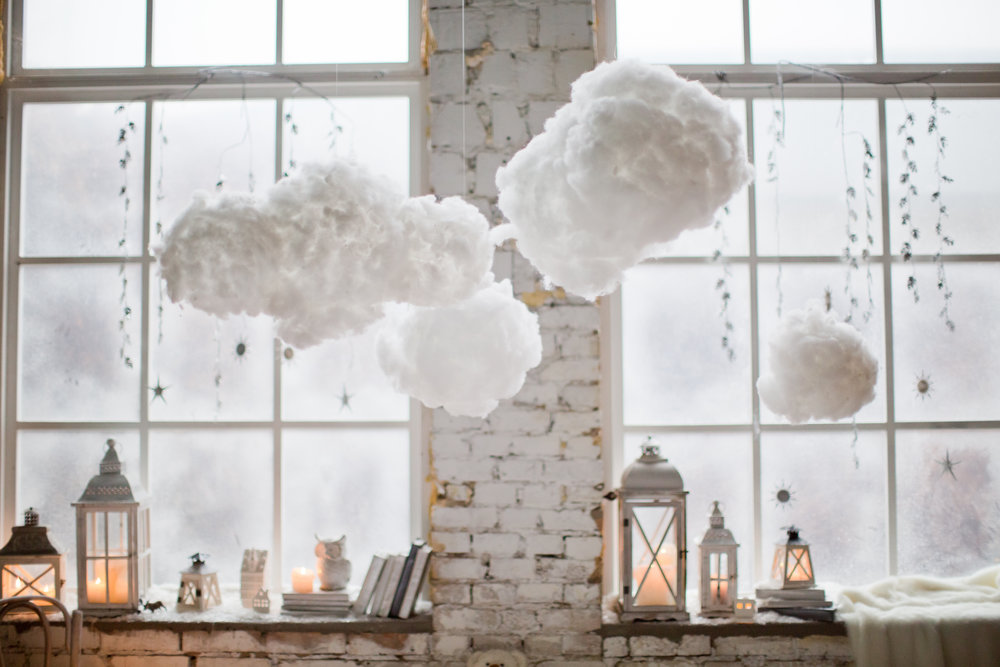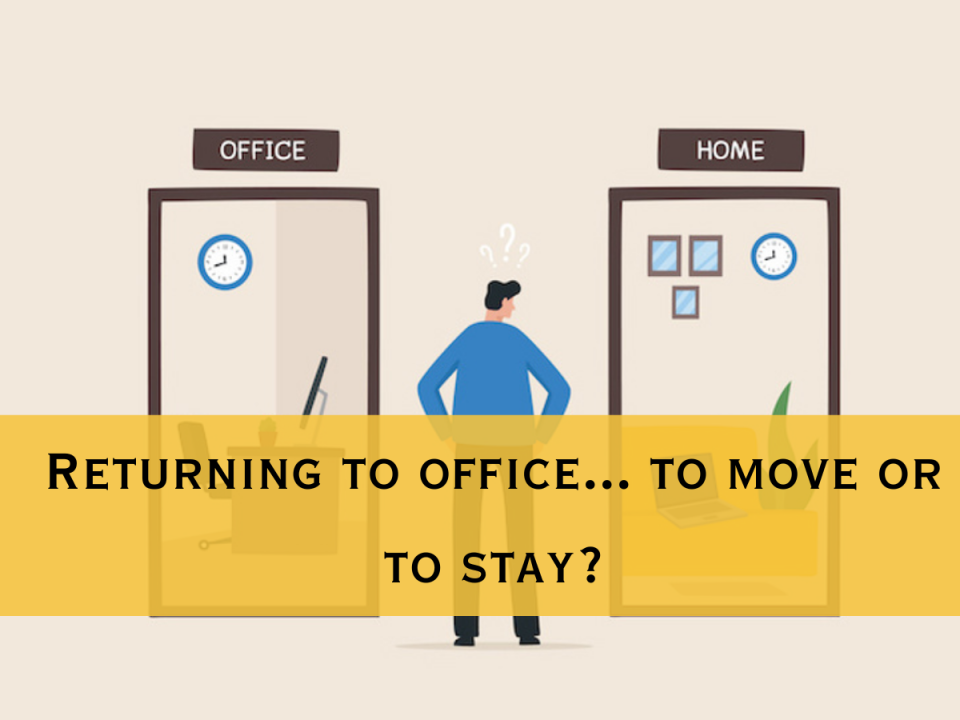10 Staging Tips To Get Your Home Sold

Ready to sell your house? Here is a few staging tips to get your home prepared for the market. When listing a home that cost hundreds of thousands of dollars, if not millions, you want to make sure it’s presented in the best light. You wouldn’t buy a $50,000 dollar car if it was filled from top to bottom in someone’s personal content and trash. This is the same mindset you need to carry into selling your home that will be worth well over a $100,000.
1. SAY BYE TO CLUTTER
The best thing you can do for your home for sale is to get rid of all of your clutter! Make a rule for your home that for every new piece that comes in, one must go. One of the biggest factors to a cluttered home is too much furniture. Generally, in a professional staging, half the home owner’s furniture is removed to make the house look much bigger. Look around your house and see what you can pack away. It’ll be worth the investment to get a storage unit for a couple of months to store away a lot of your furnishings and goods.
2. FURNITURE GROUPINGS
It’s largely misconceived that furniture pushed directly up against walls make a room look bigger, but this is far from true. Instead, you’ll want to float your furniture in reach room and away from the walls. Position your sofas and chairs into cozy conversational groupings. Be sure the furnishings are placed to make the traffic flow in a room obvious. This will make the room more user-friendly and will make it look larger.
3. TRANSFORM ROOMS
If you have a room that has only served to collect boxes or other junk, it’s important to purpose the room to something that is functional. You can make it into an extra bedroom, a small cozy nook/reading room, etc. If it’s in the basement, hid the boxes and turn it into a gaming room or family area.
4. HOME LIGHTING
Great lighting is the trick to making a staged home look warm and welcome. Most homes are improperly lit, which makes rooms look dark and dreary. There is a quick fix to this issue. Increase the wattage in your fixtures and lamps, aiming for about 100 watts per 50 square feet. Add three different types of lighting to each room: ambient (general overhead), task (under cabinets or pendants), and accent lighting (table lamps and wall accents).
5. GO NEUTRAL
The simple trick to toning down dated finishing in any space is a little bit of fresh paint. You don’t want to go stark white, but look into neutral grey and beige colors. Beige colors can also consist of warm honey like colors, soft blues and greens, and a variety of undertones that add a little life to a general neutral color. If you do want to use bold colors, be sure to only keep it on accent walls to help enhance structural features.
6. MAKE IT LOOK BIGGER
If you want to make a room bigger than it is, paint the room the same color as an adjacent room. For small kitchens and dining rooms, a seamless look will make the space feel like one, open it up, and make it seem much larger. Using drapes that match the wall colors can also add an emphasis to the room’s size.
7. USE YOUR GARDEN
Staged homes have an emphasis in fresh flowers and pricey floral arrangements. If you don’t have the money to go all out on florals, you can get this same effect by raiding your garden space. You can DIY beautiful pieces with fern fronds, magnolia clippings, and more. Use the spring and summer months to find cheerful flowers and use them in your arrangements.
8. GET A FACELIFT
So you can’t afford new cabinets? Then you can just get new doors and drawer fronts. Then paint everything to match and add new hardware to them. Instead of replacing the entire dishwasher, you may be able to get a new front panel, go for stainless steel if you can pull it off. Check with the manufacturer to see if replacements are available for your model.
9.MAKE NECESSARY REPAIRS
Unfinished home projects can really scare off potential home buyers, so you’ll want to be sure to make required repairs. Missing floorboards and large cracks in the sidewalk on the way to your door tend to be a red flag. Holes in walls and scratched up door frames can really look unattractive. These repairs cost you less to fix than buyers might deduct from the asking price.
10. CLEAN YOUR HOME
Aside from de-cluttering, the most important step to staging your home is to clean it. A dirty house is a quick turn-off for potential buyers. Most homes, especially with children and pets, and smokers, have a smell that may go undetected to home owners, but are quickly picked up by strangers. Be sure to have your home professionally cleaned prior to staging to appeal to all buyers that your home is nice and fresh.



